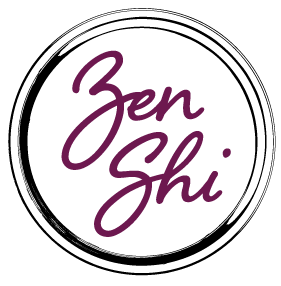Yesterday I was talking with my friend Julia about media dieting, a purposeful reduction or abstinence from things like Facebook, Twitter, Instagram, email, and online news. Just like a food diet can take on different forms, so can a media diet. It might be daily time limits on Internet perusing or taking a full year off from social media, with many possibilities in between those extremes. (see David Roberts story about his year off media as a professional blogger: http://www.outsideonline.com/outdoor-adventure/media/Reboot-or-Die-Trying.html)
A few years back Julia and I did a thirty-day media diet (really, I was copying her). We told our Facebook friends we'd be offline for thirty days. I let non-Facebook friends know I'd be checking email once a week. My rule was that one day a week, I could use the Internet for banking or dire research, and quick email response, but no news and no wandering.
At first, it was weird because I had some automatic wiring to deal with. I'd think something and run to my computer to look it up, and realize that I'd have to find it some other way. I had to break the routine of coming home after work and checking email, news, and Facebook (I have never made Facebook available through my phone). And I still had a professional desk job where I had to use work email and the Internet. But I adapted quickly and soon logging into my home computer once on the weekend felt like a drag. Within a short time, I felt huge relief to be unplugged; I didn't have to read everything, know everything, and "like" everything. I could find other ways to connect. Phone calls, outings, walking, reading, and cooking took on a more pleasurable glow. To my surprise, I didn't look forward to coming back "on" after my thirty days.
I haven't done another diet since, but that experiment changed me. I never plugged back in the same way again. Julia told me yesterday that for her the big point is to be mindful of what you're paying attention to and the way it makes you feel. She said, "Media is generally urging us to be mindlessly distracted and reactionary. We have to find a way to make media work for us, for our good."
It's not so much about being "on" or "off" media but about being mindfully engaged. It seems that the power of unplugging is really a plugging in--to ourselves and others, and even nature, creative ideas, spiritual pursuits, and endless possibilities. Not on or off, but inward.












